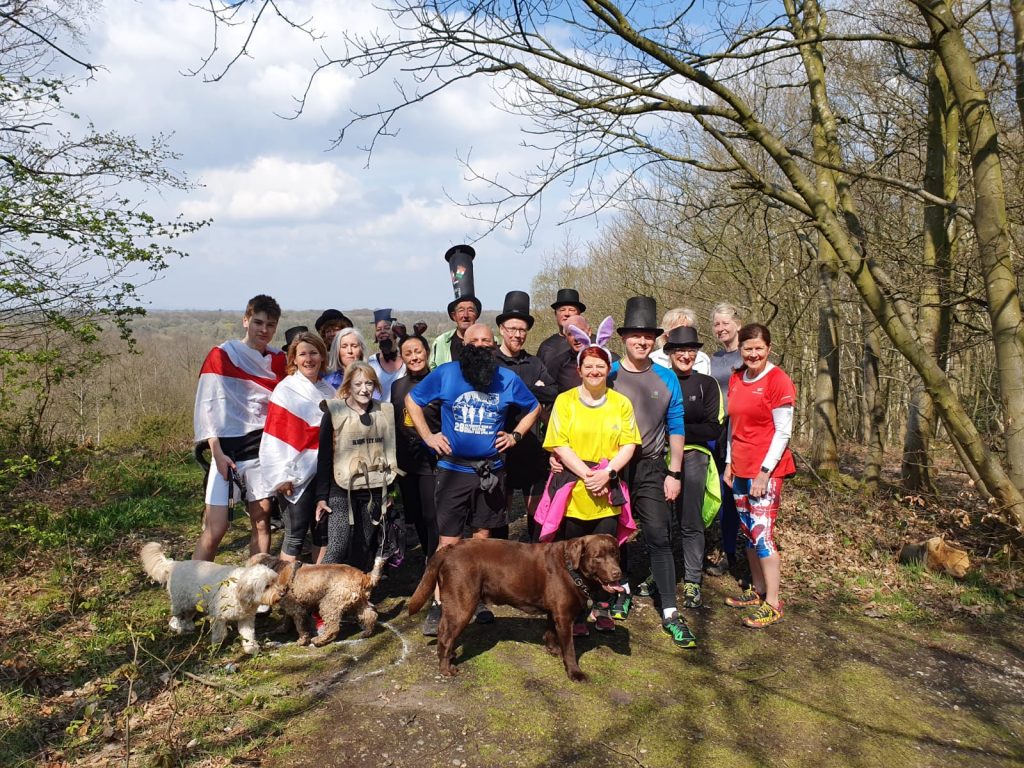Hashing began in Kuala Lumpur, Malaysia in 1938. The original running club was founded by a group of British Colonial Officials and was called the Hash House Harriers. They named the club after their meeting place called The Selangor Club which was nick-named the Hash House due to its bland and unappetising food.
Hash House Harrier runs were run like the original British paper chases. A ‘hare’ was given a head start to blaze a trail, and using paper or chalk he would mark his route which would be followed by the chasing pack. The route would be of the ‘hare’s’ choosing and as a result would often incorporate streams, storm drains, fences and any other obstacles he came across. Reaching the end was not the only reward, as there, thirsty Harriers would find a tub of iced down beer and the party would begin!
The original Hash House Chapter died out in World War II owing to the Japanese invasion. Several members were killed during the war, but 12 months after; the survivors reassembled and formed the Hash House again. ‘Torch’ Bennett put in a claim for the lost ‘Hash’ mugs, a tin bath and two old bags from government funds, and run No.1 was a trot round the racecourse in August 1946.
It was some time before the international Hash House phenomena with which we are familiar with today began to spread around the world. A Hash was formed in 1947 in Bordighera, Italy by some former members of the original Hash house Harriers. It ceased operations for many years, but was reborn in 1984 and is now alive and well as ‘The Royal Milan and Bordighera Hash House Harriers’.
It took sixteen years after the formation of the 1947 Hash for the second HHH chapter to be founded. In 1962 a group was formed in Singapore, followed in 1963 by another in Kuching. 1964 saw the formation of the Brunei, Kota Kinabalu and Ipoh hashes, 1965 Penang and Malacca, and in 1967 the first ‘overseas’ club was formed in Perth, Australia. In 1973 there were thirty-five known clubs around the world, and now there are over 1,200 chapters in some 160 countries despite the total absence of any central organisation.
Thanks to Shanghai Hash House Harriers and Dayton Hash House harriers who haven’t the funds to sue us for copyright.



